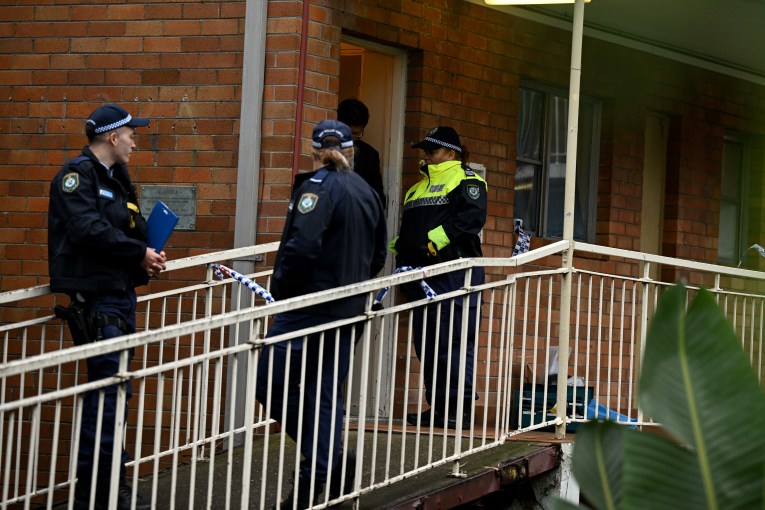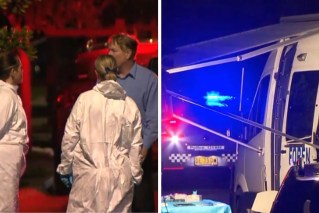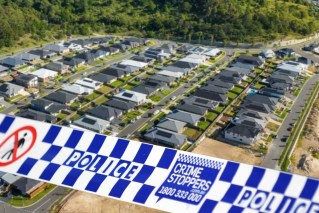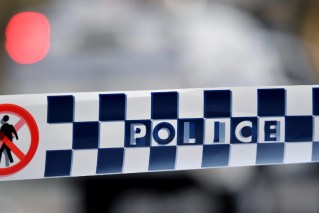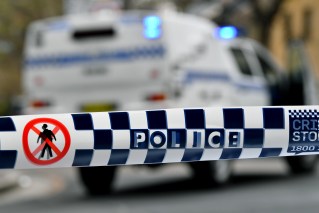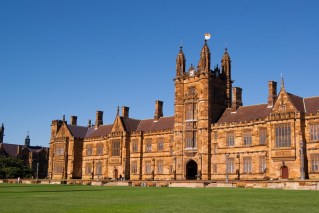Live music revenue plummets in Sydney

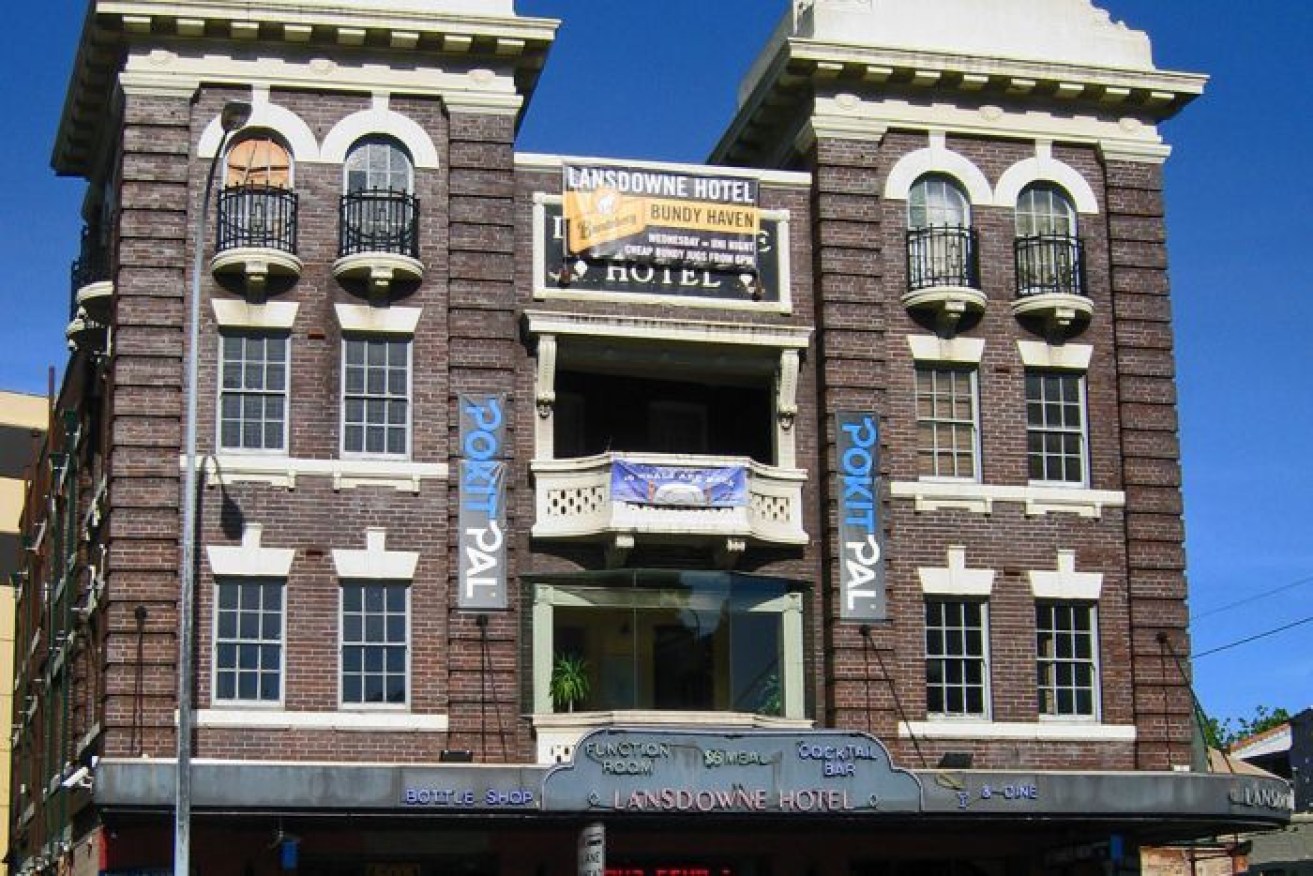
Flickr
There has been a 40 per cent drop in live music revenue in Sydney’s lockout zone since the laws were introduced, according to new figures from the Australasian Performing Rights Association.
APRA says its figures also show a 19 per cent drop in patrons at nightclubs in the areas of the city affected by the legislation.
The lockout laws have been the subject of intense debate over the last fortnight, with Premier Mike Baird saying it would take a lot to change his mind about the rules.
• Queensland passes lockout laws
• Sydney DJ slams lockout laws
• One-punch killer cries after verdict
He cited a 40 per cent drop in the assault rate in Kings Cross as proof the legislation was fulfilling its purpose — to curb alcohol-fuelled violence.
But those in the music industry are pushing Mr Baird to consider the impact on live music venues.
“For the people running the venues, this is personally very, very tough,” John Wardle from Live Music Office said.
“For the artists, [and the] reputation and cultural fabric of the city, these are really difficult figures.”

The Oxford Art Factory was put up for sale in November 2015. Photo: Triple J
Mr Wardle said he understood the government had an obligation to prioritise public safety, but doubts music venues contribute to alcohol-fuelled violence.
“I don’t think anybody’s got a problem with that, but we don’t consider that these venues are causing the problem,” he said.
“We should want a night economy that’s desirable, that makes for a healthy, happy, creative city.
“We seem to be regulating by banning what we don’t like and the offshoot is a really inflexible process in which well-run businesses are collateral damage.”
Last week, the State Government announced it had appointed former High Court judge Ian Callinan QC to lead a review on the lockout laws.
Mr Wardle said he hoped the music industry was heard during that review.
“There’s ongoing dialogue with the State Government on an analysis of an evaluation of the lockout, but we don’t have a constructive dialogue with them,” he said.
“In other states like Victoria and South Australia there are regulation roundtables where the live music industry can sit with liquor licensing authorities, the police, planning and work with all these issues together.
“From that the industry is better supported and you can see the difference in their night-time economies.”
– ABC
